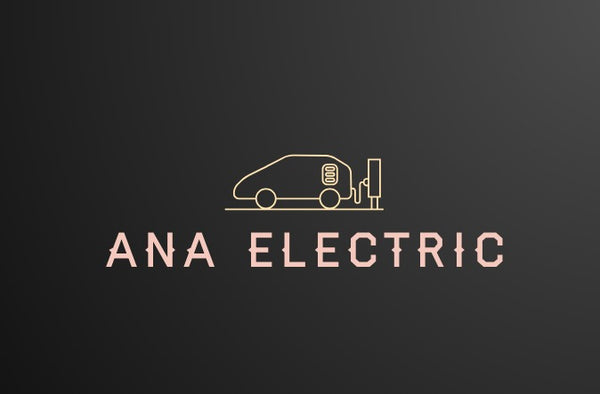General EV Information
Q: What is an electric vehicle (EV)?
A: An EV is a vehicle powered entirely or partially by electricity stored in batteries, rather than gasoline or diesel.
Q: What are the types of electric vehicles?
A: The main types are:
- Battery Electric Vehicles (BEVs) – fully electric.
- Plug-in Hybrid Electric Vehicles (PHEVs) – electric motor plus gasoline engine.
- Hybrid Electric Vehicles (HEVs) – gasoline-powered with battery assistance (no plug-in capability).
EV Batteries and Range
Q: How far can an electric vehicle typically travel on a single charge?
A: Most modern EVs have ranges between 250–500 km per charge, depending on battery size and driving conditions.
Q: How long does it take to charge an EV?
A: Charging can take anywhere from 20–60 minutes at fast-charging stations (DC chargers), or 4–10 hours at home or public AC chargers.
Q: Do EV batteries degrade over time?
A: Yes, EV batteries gradually lose capacity, typically about 1–2% per year. Modern batteries usually maintain around 80–90% capacity after 8–10 years.
Charging Infrastructure
Q: What types of EV charging stations exist?
A:
Level 1: Standard household outlet (slowest).
Level 2: Dedicated home/public chargers (faster).
Level 3 (DC fast chargers): Rapid chargers located along highways or at public stations.
Level 2: Dedicated home/public chargers (faster).
Level 3 (DC fast chargers): Rapid chargers located along highways or at public stations.
Q: Can I install an EV charger at home?
A: Yes, many EV owners install Level 2 chargers at home, typically requiring professional installation.
Q: How much does it cost to charge an EV at home?
A: Typically much cheaper than fuel—charging at home costs roughly one-third to one-half the cost of gasoline per kilometer traveled.
EV Performance
Q: Are electric vehicles slower than gasoline cars?
A: No, EVs often accelerate faster than equivalent gasoline vehicles due to instant torque delivery.
Q: Do electric vehicles require regular maintenance?
A: EVs have lower maintenance requirements than gasoline vehicles—no oil changes, fewer mechanical components, and less wear on brake systems.
Cost and Savings
Q: Are electric vehicles more expensive to purchase than gasoline cars?
A: Initially, yes—EVs typically have higher upfront costs, but long-term fuel and maintenance savings can offset the difference.
Q: Are there incentives or subsidies for buying an EV?
A: Many governments offer tax credits, rebates, or incentives for EV purchases, significantly lowering overall cost.
Environmental Impact
Q: Are electric vehicles truly better for the environment?
A: Yes, EVs produce zero tailpipe emissions, reducing local air pollution. Their overall environmental benefit increases significantly when powered by renewable energy sources.
Q: What happens to EV batteries after they reach end-of-life?
A: Batteries are typically recycled or repurposed for energy storage, minimizing environmental impact.
EV Ownership Concerns
Q: Can electric vehicles be driven in heavy rain or flooded conditions safely?
A: Yes, EVs are safe in rainy conditions. Batteries and electrical systems are sealed and protected from moisture.
Q: Are electric vehicles safe?
A: EVs undergo rigorous safety testing and often achieve very high safety ratings due to lower centers of gravity and structural design.
Miscellaneous
Q: How does driving an EV feel compared to a gasoline car?
A: EVs offer smooth, quiet operation, instant torque, and minimal vibration compared to gasoline vehicles.
Q: Are there enough charging stations for long-distance travel?
A: Charging infrastructure is rapidly improving, with many countries building comprehensive networks along major routes.
